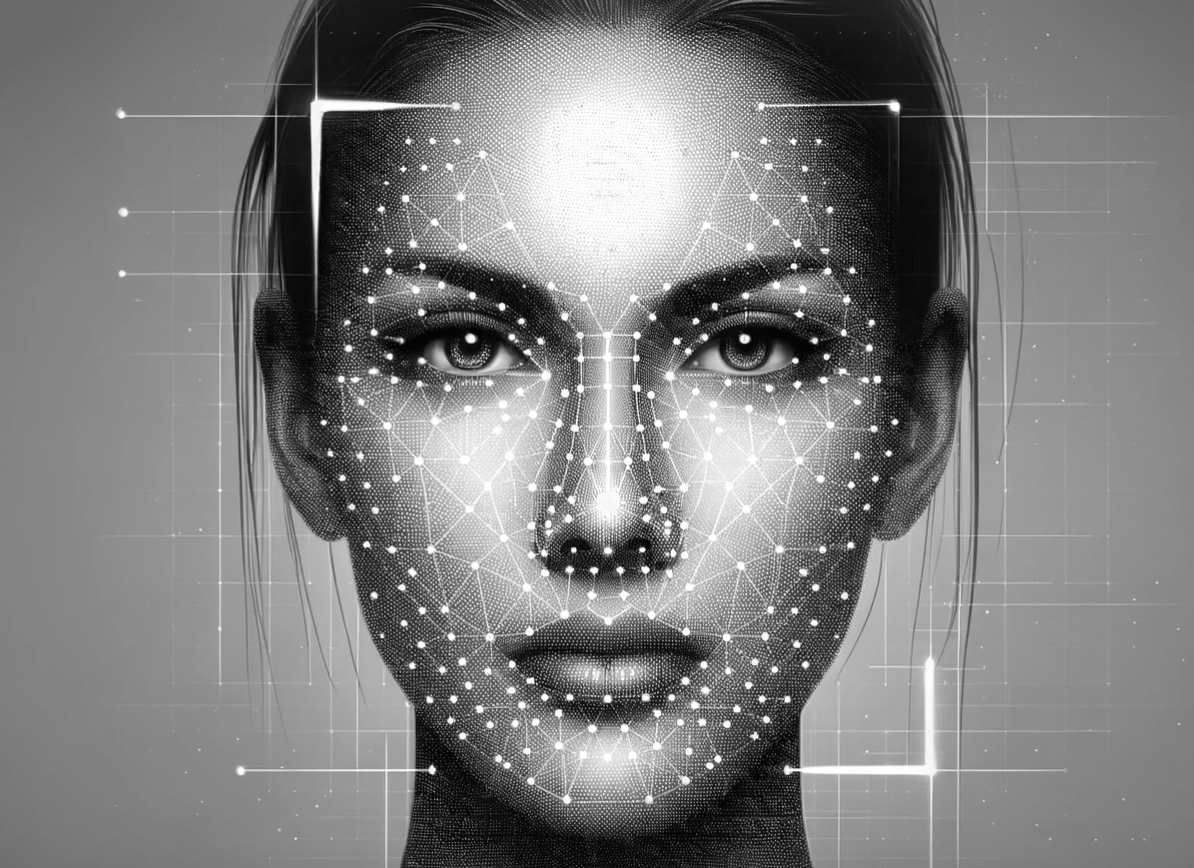Content:

Denmark Fights Back Against Deepfakes
euronews
06/30/2025
In a statement, the Danish government said the bill, which has been agreed upon by all major parties, will make it illegal to share deepfakes and other “digital imitations” of a person’s characteristics.
“We are now sending an unequivocal signal to all citizens that you have the right to your own body, your own voice and your own facial features,” Denmark’s culture minister Jakob Engel-Schmidt said in a statement.
Deepfakes are videos or other online content generated by AI that alter a person, often in a way to spread false information or to embarrass them.
“Technology is developing rapidly, and in the future it will be even more difficult to distinguish reality from fiction in the digital world,” Engel-Schmidt said, adding that the new law will be a “safeguard against misinformation” and will also “send a clear signal to the tech giants”.
Denmark is not the only country tackling deepfakes through new laws. Here’s where else in Europe is taking action.
European Union
The EU’s AI Act classifies anything created by generative AI in one of four categories: minimal risk, limited risk, high-risk, and unacceptable risk. Deepfakes are considered “limited risk” and are therefore subject to some transparency rules.
That means there is no outright ban on deepfakes, but it forces companies to label AI-generated content on their platforms by putting watermarks on the videos, and to disclose which training sets are being used to develop their models.
If an AI company is found in breach of transparency rules, it could face a fine of up to €15 million or 3 per cent of its global turnover from the past year. That fine goes up to €35 million or 7 per cent of global turnover for banned practices.
Another article of the AI Act also bans manipulative AI, which could include systems that use subliminal or deceptive techniques to “impair informed decision-making”.
Some legal action focuses on pornography and other sexual content. For example, the EU’s directive on violence against women criminalises the “non-consensual production, manipulation or altering… of material that makes it appear as though a person is engaged in sexual activities”.
The directive includes the production of deepfakes or any materials created using AI. It doesn’t specify what the penalty should be if an individual or company is found in violation of the directive, leaving it up to each EU member state to decide.